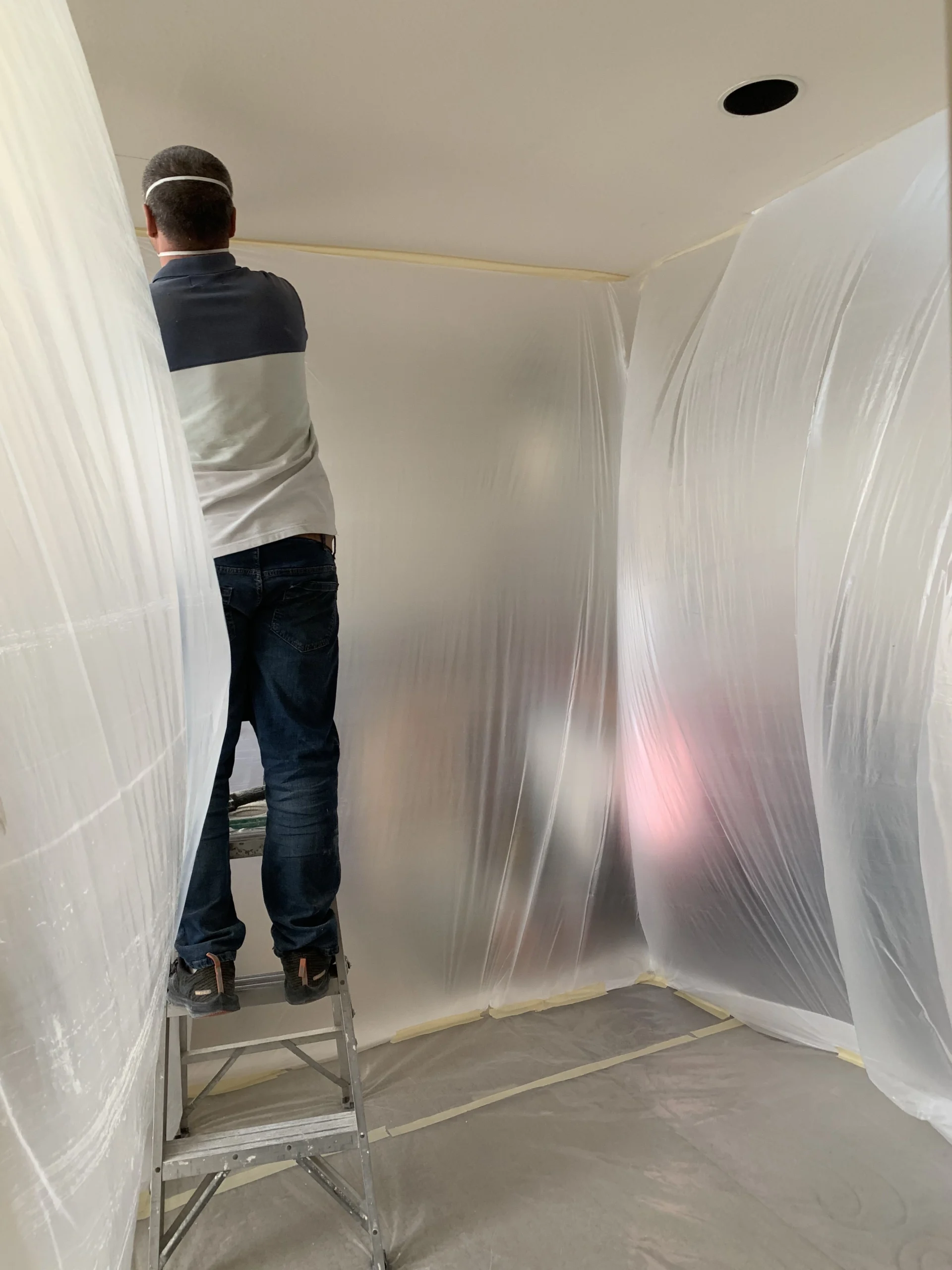Repipe
When Do You Need Repipe Services?
-After you notice a big spike in your water bill
-There are frequent burst pipes and water leaks
-There is a noticable loss in the home’s water pressure.
Some of these problems might require minor repairs, in which case we will be glad to offer a prompt solution. Repipe services might end up saving you money in terms of future repairs and utility costs. — Please advise with one of our professionals to be guided in the right direction.
What Is The Best Pipe Material For You Home Repipe?
There are two popular types of piping materials that plumbers use in repipe projects:
Copper and PEX. – Both of them have their advantages and disadvantages. Either way, they’re safe and efficient, however, there are a few key differences that might sway your decision about which one to choose:
Copper has been the industry standard for a very long time, many older homes have Copper M -Type pipe systems, which are not as durable as the current type of coppper which is used ( L-type). M-type copper pipes have thinner walls around the pipes circumference compared to L-type copper pipes. Copper produces sturdy joints and has a longer lifetime span than PEX. The only disadvantages of using copper in repipe services is that the upfront cost is higher than PEX. and may take a day or two longer.
–PEX.
This material is flexible and makes piping easy to install, it is strong towards acidic compounds as well. PEX. repipes are cheaper than Copper repipes, which is another important factor to think about when deciding which material will be best for your home. On the bad side, it can be damaged by ultraviolet light ( pipes exposed under sunlight for a period of time ), and rodents between drywalls, or up in the attic which are able to chew through the material and utilize as a source of water. But, yet again PEX. material will be substantially quicker, cheaper and practical depending on your home.
Our Company Takes These Steps Everytime We Perform A Repipe
Careful inspection throughout the home, paying attention to the current placements of pipes and the amount of fixtures, such as toilets, sinks, showers, tubs, ice makers, hose bibs.
Thorough planning based on the placement of the fixtures, making a determination of where the shortest way for the pipes would be to make sure that we can have hot water being pumped as fast as possible. This will save water and energy, as well as ensure that there is little to no inconvenience to the homeowners.
- Place plastic protective sheets on the floor and all furniture to prevent dust or dirt.
- A couple of one-square-foot openings in the walls or ceilings per each fixture.
- Begin locating the new pipes towards the new route, connecting them and finishing them up. Make sure everything is built safe, protective and sturdy.
- After we get close to arranging all the new water pipes, we start cutting and putting away the old rusty and leaky pipes (for that reason the water will have to be shut off for a good amount of time throughout that day, however, we make sure you have water every night, before our team leaves).
- The creation of your new water system includes new angle valves, PRV (pressure regulator valve) from the main pipe that delivers water to the house from the street. After all pipes, valves and fixtures are fully complete, we put protective insulation over the hot side, to minimize heat loss.
- The system is inspected once it’s complete as well as a second inspection is performed 12 hours after the first check up.
- The last activity is closing all the drywall openings that had been made by our company. After closing them, plaster the openings, spray texture if needed to match your current wall design.
- Final Clean Up. Our Company is responsible for cleaning up and making sure you have at least one TOILET, one SINK and one SHOWER available to use before we leave every workday.
Our Projects






